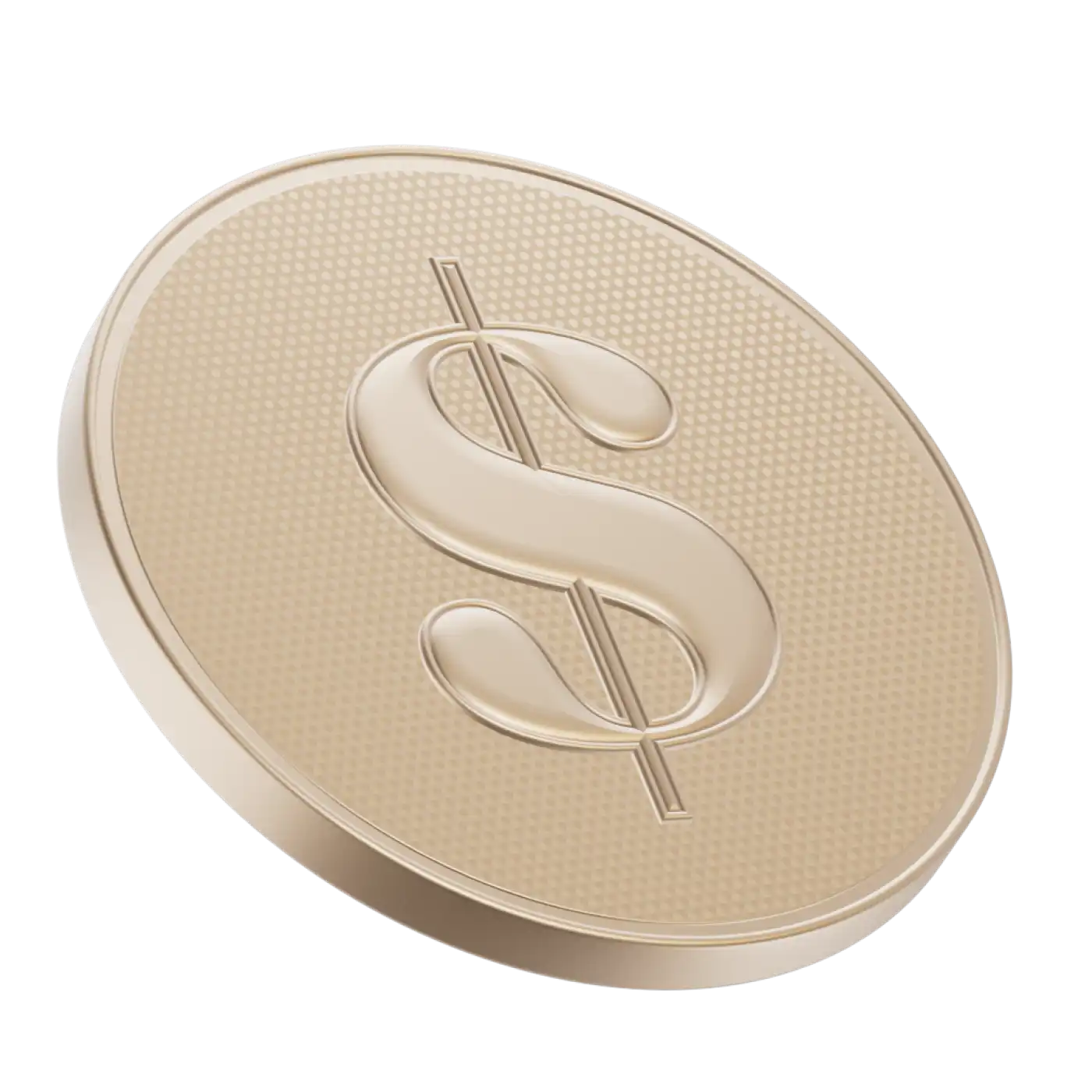The Greeks are terms that represent calculations that help investors estimate the price of an options contract.
Delta: An estimate of how much an option’s value is likely to change when the price of the underlying stock changes. Delta values range from -1.0 to 1.0. A positive delta of 0.25, for example, tells you that for every $1 increase in the value of the underlying stock, the value of the option should increase by about $0.25 ($1 x 0.25 = $0.25). A negative delta means that an increase in stock price results in a decrease in option value. Call options have positive delta and put options have negative delta.
Gamma: If delta is peanut butter, gamma is jelly. Gamma represents how much an option’s delta changes in response to a $1 move in the price of the underlying asset. When someone buys an option, it has positive gamma between 0 and 1. For example, say Kale Inc. is trading at $150, and you purchased a call option for $1 that gives you the right to buy the stock at $200 in September. That option may have a delta of 0.20 and a gamma of 0.01. If KALE goes up to $175, then you can estimate that your call option will now be worth $6 (the $25 increase in the underlying asset price x 0.20 delta = $5, plus your original $1 cost). The new delta of your option should be 0.21 (calculated by adding the previous delta of 0.2 and gamma of 0.01). Gamma is always reflected as a positive number and is highest for options that are at-the-money and closer to expiration.
Theta: An estimate of an option’s decline in value over time. Also known as “time decay,” theta is expressed as a negative number. It grows as an option gets closer to expiring, reflecting the acceleration in decline of extrinsic time value.
Vega: An estimate of how much the price of an options contract will change in response to a change in the implied volatility of the underlying asset. The higher the vega, the more sensitive an option is to big events like earnings.
Rho: A lesser-known Greek, rho is used by some investors to estimate how sensitive the value of an option is to changes in the interest rate of a U.S. Treasury bill (because these are USD options). Call options tend to have a positive rho and put options have a negative one. Rho tends to be less of a factor than the other Greeks but can still be useful if you expect interest range to change.


